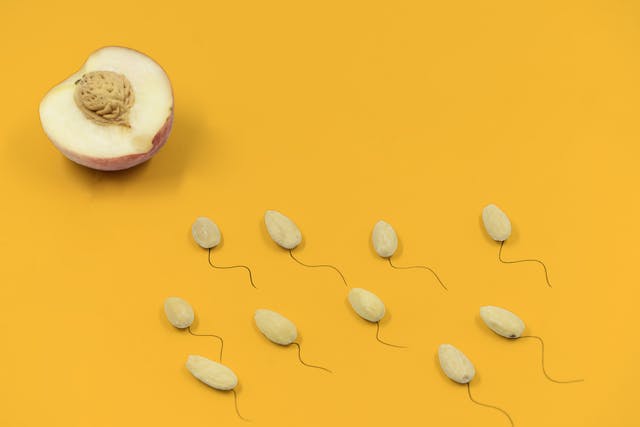Male infertility, a prevalent issue in Australian IVF, challenges the misconception of infertility as female-centric. A recent review exposes the psychological toll on men with male factor infertility, revealing elevated anxiety, depression, and reduced quality of life. Global research indicates a decline in sperm counts due to environmental and lifestyle factors. Here are five actionable steps to improve fertility and enhance sperm health.
- Maintain healthy weight
Maintaining a healthy weight is crucial for fertility as obesity negatively impacts semen quality, reducing sperm count, motility, viability, and morphology. Both natural and IVF conception chances decrease. Fortunately, weight loss through exercise and a nutritious diet, emphasizing low-fat dairy, fruits, vegetables, nuts, whole grains, and seafood while minimizing sweets, sugary drinks, and red meats can reverse fertility issues in men.
- Avoid recreational drugs
Refrain from recreational drugs to maintain optimal reproductive health. Substances like methamphetamine, cocaine, heroin, oxycodone, benzodiazepines, and ecstasy detrimentally impact male reproductive functions, compromising testosterone and sperm production, sexual urge, and sperm quality. Although research on marijuana’s effect on sperm quality is inconclusive, evidence hints at its potential to reduce sperm quality and elevate the risk of testicular cancer.
- Don’t use anabolic steroids
Avoid anabolic steroids, as they’re used by approximately 6.4% of men globally, particularly by male weightlifters, fighters, and security personnel. While these steroids promote muscle growth and fat loss, they negatively impact sexual function, leading to issues like testicle size reduction, diminished sperm production, and impotence, contributing to infertility.
- Stop vaping and smoking
Tobacco smoking harms overall health and now affects male fertility. Vaping, popular among young adults, poses reproductive risks according to animal studies. Over 500 e-cigarette brands with 8,000 flavors exist. Experts advise against smoking and vaping when attempting conception due to potential reproductive health damage.
- Minimize environmental exposure to chemicals
Minimize exposure to environmental chemicals, found in daily products, food, and air, to mitigate adverse effects on fertility. Endocrine-disrupting chemicals, mimicking or blocking male hormones, can affect sperm quality. While complete avoidance is challenging, adopting practices like washing produce, limiting processed foods, and using glass or hard plastic containers can help reduce exposure.


